-
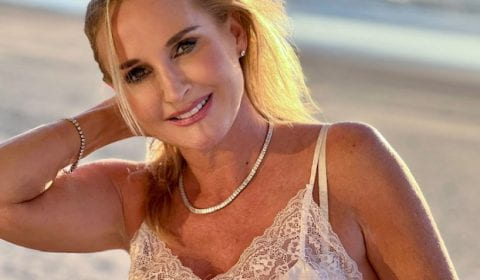
-
Gayle Killilea
-

-
Lana Younis
-

-
Monica Bathija
-

-
Matthew Triggs
-

-
Sonia Hope
-

-
Charles Williams
-

-
Marc-Anthony Hurr
-

-
Heidi Ng
-

-
Emily Shamma
-

-
Marta Ramos
-

-
Ben O’Donnell
-

-
Nico Bechis
-
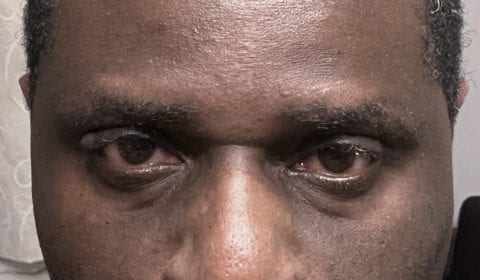
-
Abim Tayo
By Rebekah Lattin-Rawstrone
There’s nothing quite like listening to new writing talent and this year’s 2022/23 cohort of Novel Studio students held their own in a fantastic showcase event of their writing, reading their extracts with professional aplomb.
The evening began with an overview of the unbelievable list of published alumni including Novel Studio tutor, Kiare Ladner, Deepa Anappara, Hannah Begbie, Harriet Tyce, Elizabeth Chakrabarty, Attiyah Khan, Anna Mazzola and Greg Keen. Next year will also see alumna Lara Haworth’s debut, Monumenta, which will be published in June 2024 and just this week a new announcement about another alumna, Jo Cunningham, whose murder mystery, Death By Numbers, will be out with Constable in August 2024. The Novel Studio is incredibly proud of its alumni and their ongoing successes. You can find out even more about the alumni here.
2019 saw the introduction of the Novel Studio scholarship, generously funded by alumna Harriet Tyce. The scholarship provided a fully funded place for one successful applicant to the course from a low-income household. We’re immensely grateful to Harriet for this brilliant scheme which ran for the fourth time this year, and excited that The Book Edit will be continuing the scholarship for a fifth year for the 2023/24 Novel Studio cohort.

Alison Halsley
This year was a difficult one emotionally for students and staff. We were all devastated earlier this year when one of our treasured students, Alison Halsley, tragically died. Alison had a darkly comic sense of humour and her lively prose and personality has been missed in class and was missed at the showcase. This year’s showcase anthology is dedicated to her memory. She never failed to make us laugh with her work and we’re very sorry for her loss.
In spite of these difficult circumstances, the students managed to remain incredibly focussed and dedicated to their writing as the readings were soon to show.
Inspiring them on, we were lucky enough to hear from alumna, Lara Haworth, who joined the event to wish the students well with their ongoing careers, encouraging them to appreciate the nurture and support offered by the Novel Studio during and after the completion of the course. We couldn’t be happier for Lara and we will hold her to the invitation she made to all of the attendees to celebrate at the launch party of her debut in 2024.
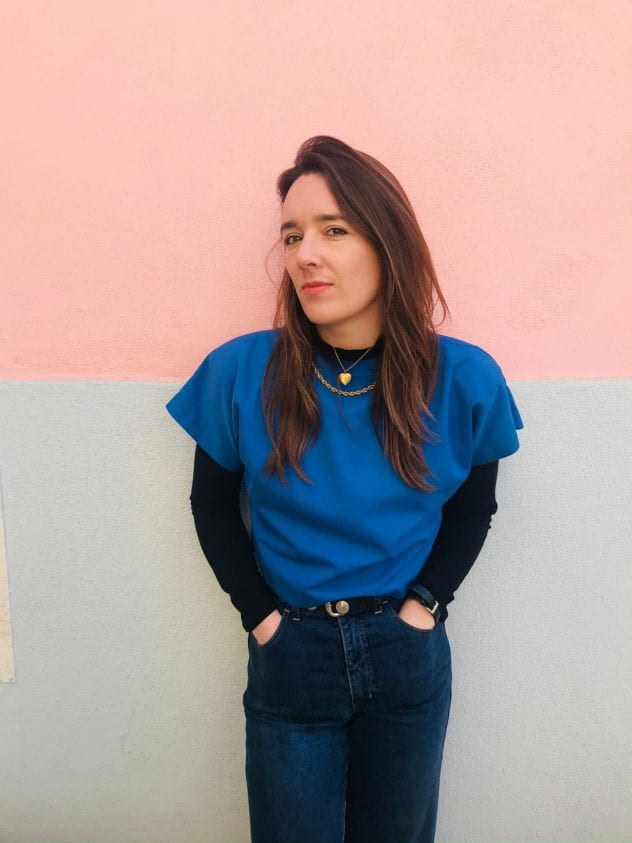
Lara Haworth
Filled with Lara’s enthusiasm, the students’ readings kicked off to a fiery start with our first reader, Emily Shamma whose novel The Complicit, moves between London in 2010 and Oxford in the nineties, unravelling a darkly comic tale of love, damage and betrayal. Emily left us reeling from her character’s discovery of his car, burnt and marked by ominous graffiti on the wall behind it. An unnerving but dramatic opening for the talent to come.
We left the dodgy North London back street for a tale of two friends in 2000s West England next as author Marc-Anthony Hurr read from his novel, The Millennials. The chat lit up with enthusiasm for Marc-Anthony’s description of childhood friendship and the dizzy descriptions of the onset of epilepsy.
We left love and friendship behind for the acerbic and dangerously anonymous world of social media where a desire for revenge allows an alter ego to take increasing control in the tangible world as Lana Younis read from her novel, Play The Long Game.
Lana’s discovery ringing in our ears, we headed to London’s future next, taking a psychic journey into Heidi Ng’s novel, Divination. The idea of a futuristic novel with its roots in the Oracle of Delphi excited us all and we were dazed by our trip into the psychic realm.
Abim Tayo read for us next, sharing an extract from his novel, Dancing in the Snow, set in Lagos. The audience was terrified by the childhood memory of a man shaking a car and smearing it with faeces. It certainly made us all excited to hear what would happen next.
Transporting us to the Bucharest Ring Road, we heard from Nico Bechis next as she read from her novel Horse With No Rider, introducing us to casual prostitution and the delights of swearing in Romanian. A haunting and eloquent portrait, we were all hooked.
We went from the transactional to the tender mesh of relationships forged in teenage years next as we heard Matthew Triggs read from his novel, ST16. A sentimental kiss in the swirl of light snowfall caught by the soft glow of the street lamps, held us all in unfulfilled longing.
Following the relationship theme, we found ourselves contemplating the possible political complexities of love in Monica Bathiya’s extract from her novel, Middle Ground, next. The subtle shifts of inner thought had us all wondering what would happen to Monica’s characters, whether there was real love between them and even then if it was enough to survive the complexities of post-pandemic Mumbai.
Taking us into the glamorous world of the celebrity and business elite next, Gayle Killilea threw us right into the middle of her fast-paced romantic thriller, The Heart Wants What The Heart Wants, as she shared her character Walter’s typical morning routine. The audience chat revealed a rather desperate desire for a night out with Walter, as long as he was paying.
We went from fast cars to a more sedate 60th in a pub garden next with Ben O’Donnell as he read from his novel, Sweet Caroline. A wonderfully pitched extract that gave us all Caroline was thinking whilst revealing so much more to the audience, we were left eager to find out what would happen to this seemingly happy family, sensing all was not as it seemed.
From family celebration to late night clubbing, we hit the dance floor with Marta Ramos next as she read from her novel, Spaghetti Meatballs. Filled with the energy and rush of youth, we couldn’t get enough of Marta’s extract and were sorry to see her character fall into bed, wishing instead we were speeding through the night on the back of a scooter.
Novel Studio Scholarship Winner Sonia Hope read next, taking us from the dance floor to the more sedately curated space of the Library, as she read from her novel, The Archivist. What would happen to these two characters whose first meeting was tinged with the awkwardness of intrigue and desire?
Taking us from one archive to another, we went headlong into the digital archive next with our final reader, Charles Williams. He read an extract from his novel, The London Project, giving us a filmic view into the first meeting of two lovers-to-be. Voyeuristic? Perhaps. But he reassured us that it was really ok to watch and listen, afterall, we needed to understand that these characters were all dead.
It was an enigmatic and poignant ending to a scintillating night of readings from some extremely talented writers. Thanking the students, the tutors Kiare Ladner and Rebekah Lattin-Rawstrone, and the Novel Studio Director, Emily Pedder, we also thanked the staff at City, particularly Josie Gleave and Robert Lastman. The audience was also thanked for their great contribution to the night.
What a fantastic showcase for the bestselling and prize-winning writers of the future. Go Novel Studio Cohort 2022/23!
And for anyone who wasn’t able to be there you can now watch a recording from the event HERE.



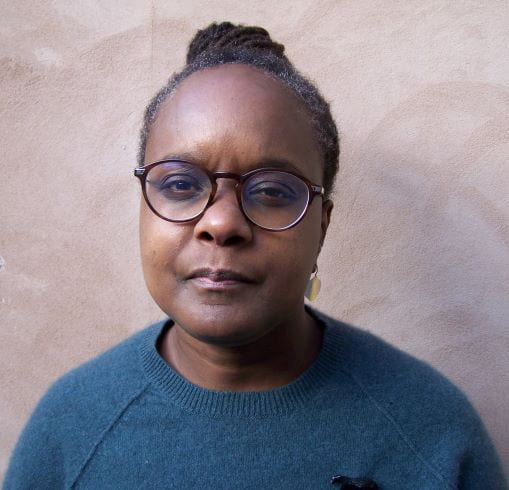
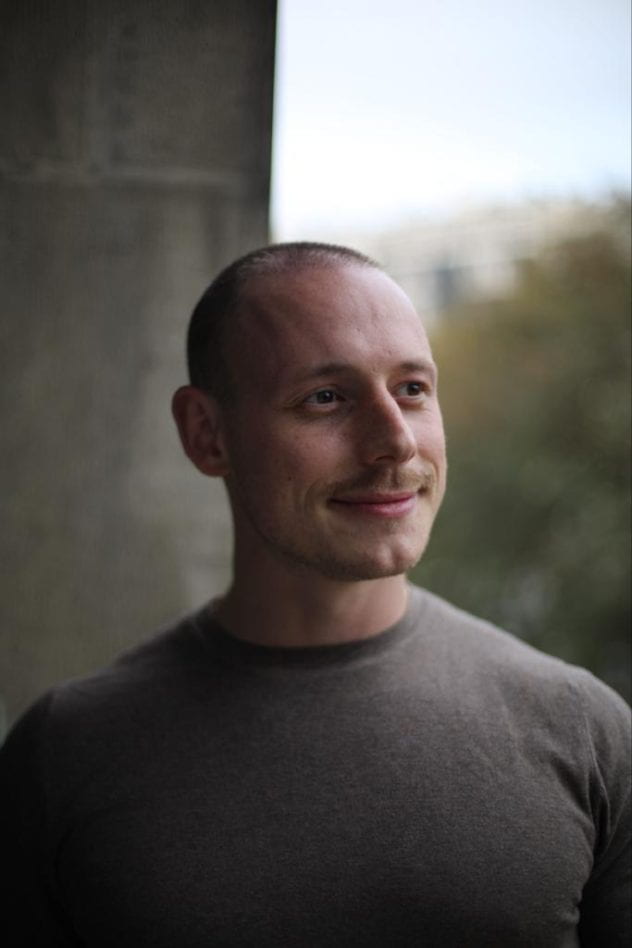
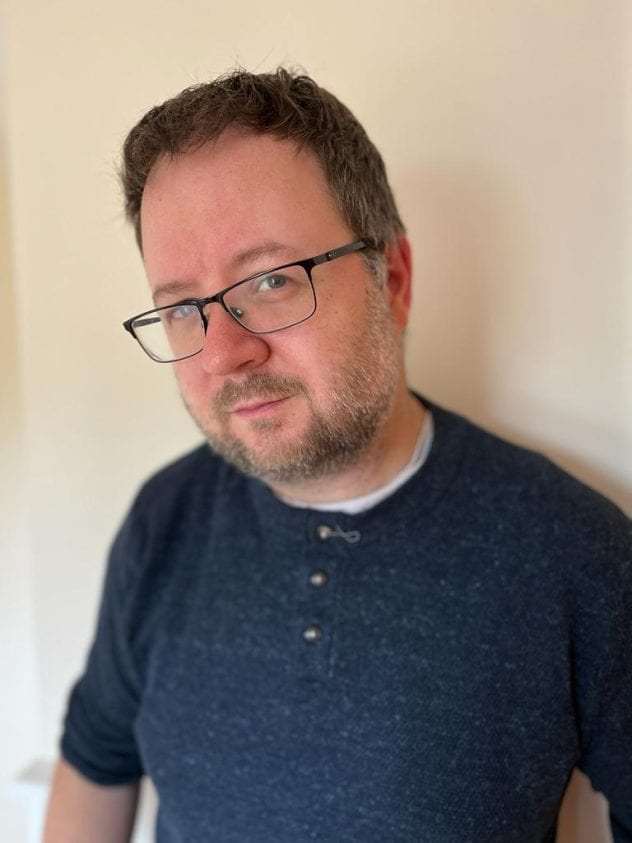
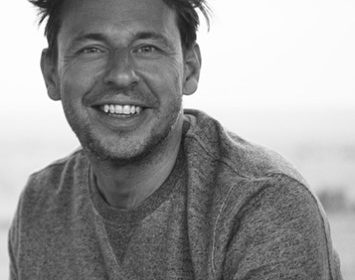

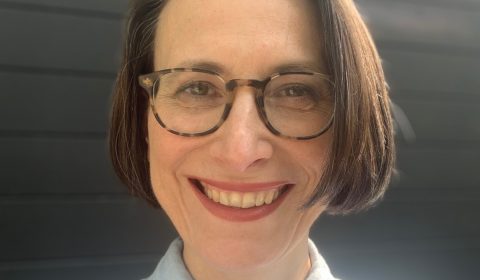


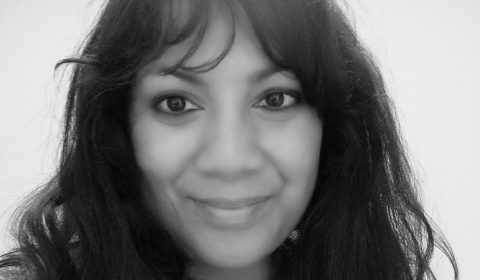
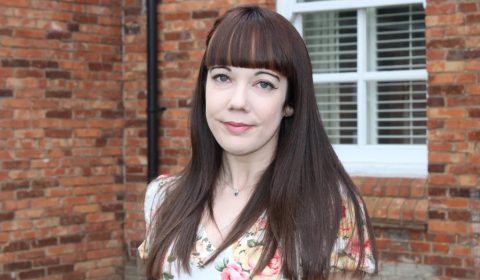

























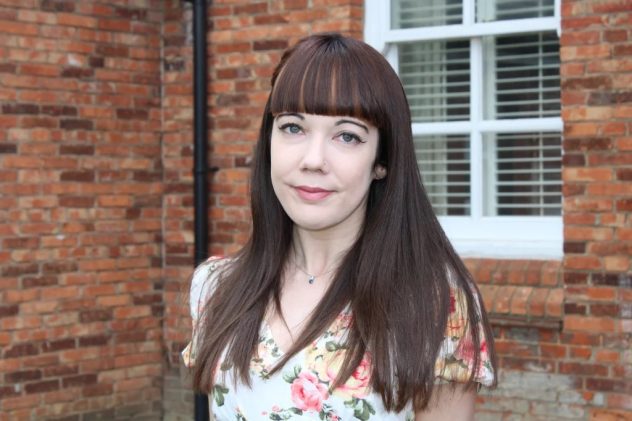





 f our emotions we are the more we can connect with others.
f our emotions we are the more we can connect with others.
Recent Comments